Recycling is often seen as an easy way to help the planet, but many common beliefs about it are misleading. Over time, myths and half-truths have caused confusion, leading people to recycle incorrectly or assume their efforts always make a difference. In reality, recycling is more complex than just tossing items into a blue bin. Some materials that appear recyclable are not accepted everywhere, and contamination can ruin entire batches. By understanding how recycling truly works, we can make informed choices that support sustainability and reduce waste. Here are six surprising myths about recycling that deserve a closer look.
1. Everything with a Recycling Symbol Can Be Recycled

The recycling symbol found on many plastic containers does not guarantee that the item can be recycled locally. It simply indicates the type of plastic used. Each city or municipality has its own recycling rules and capabilities, and not all facilities can process every plastic type. When people throw the wrong materials into the bin, it causes contamination and increases sorting costs. To recycle responsibly, check local recycling guidelines and focus on accepted materials. Understanding the symbols and recycling codes helps ensure efforts are truly effective.
2. It’s Fine to Recycle Unwashed Containers
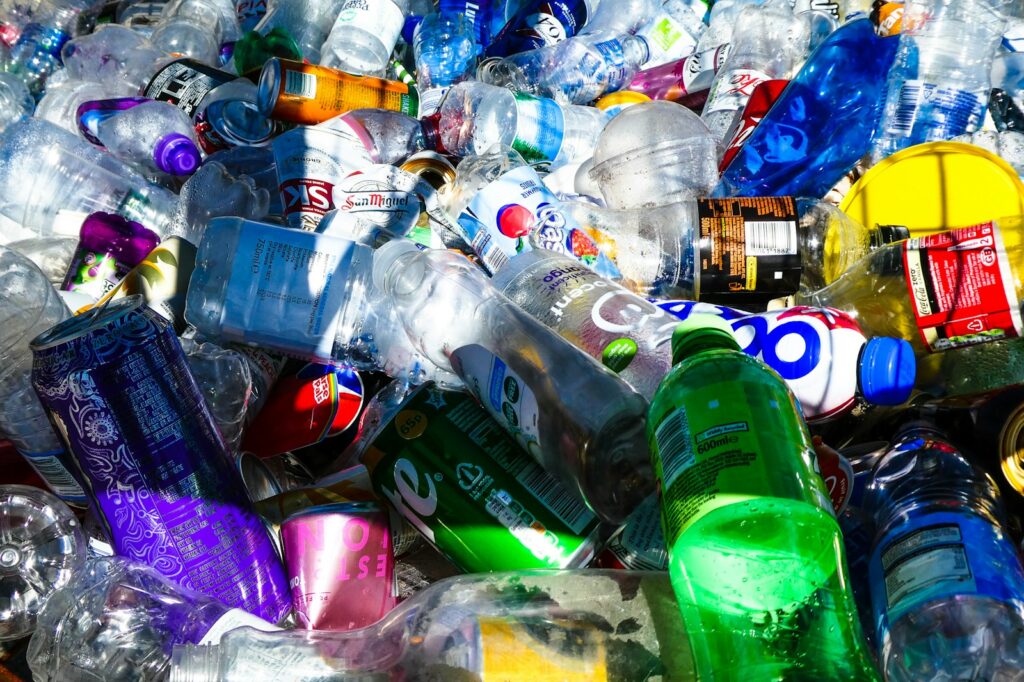
Placing dirty containers in the recycling bin is one of the most common mistakes people make. Food residue or liquid can soil recyclable materials, especially paper and cardboard, making them unusable. A greasy pizza box or a sauce-covered jar may contaminate an entire load, forcing workers to send it to the landfill. Taking a few seconds to rinse bottles, cans, and jars ensures that they can be properly processed. Clean recyclables not only improve the efficiency of recycling centers but also help maintain the quality of new materials created from them.
3. Recycling Uses More Energy Than It Saves
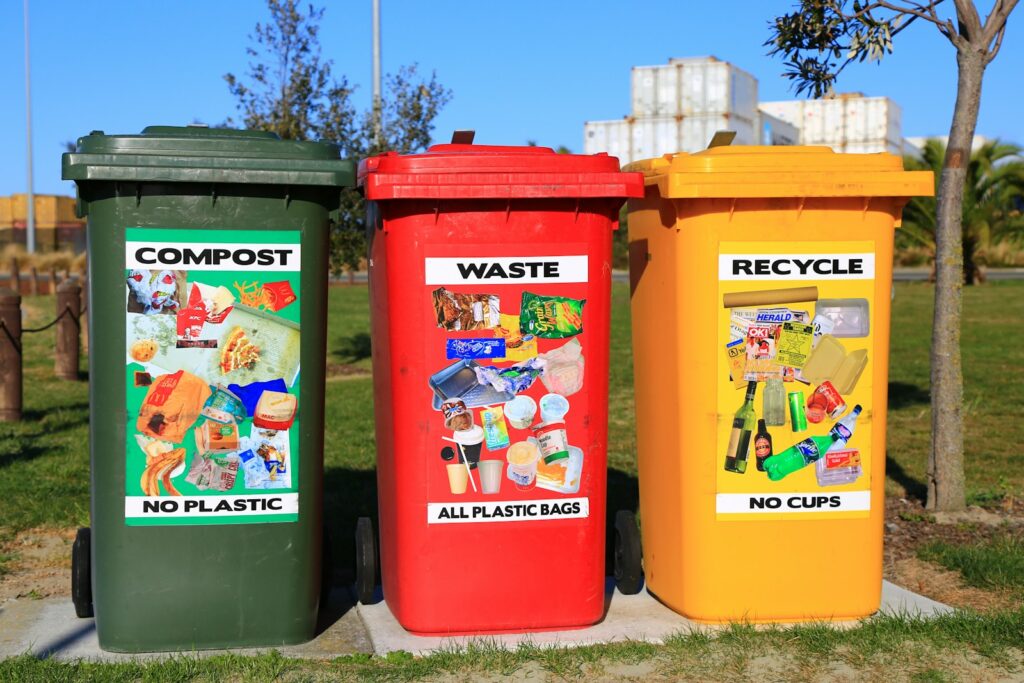
Contrary to popular belief, recycling conserves far more energy than it consumes. Producing new materials from raw resources such as aluminum, glass, and paper requires extensive energy, while recycling them uses significantly less. For example, recycling aluminum saves up to 95 percent of the energy needed to create new metal. Recycling glass and paper also reduces greenhouse gas emissions and minimizes the environmental impact of extraction and manufacturing. By participating in recycling programs, individuals contribute to energy conservation, reduce pollution, and leave a smaller carbon footprint, proving that recycling is both practical and sustainable.
4. All Plastics Are Recyclable
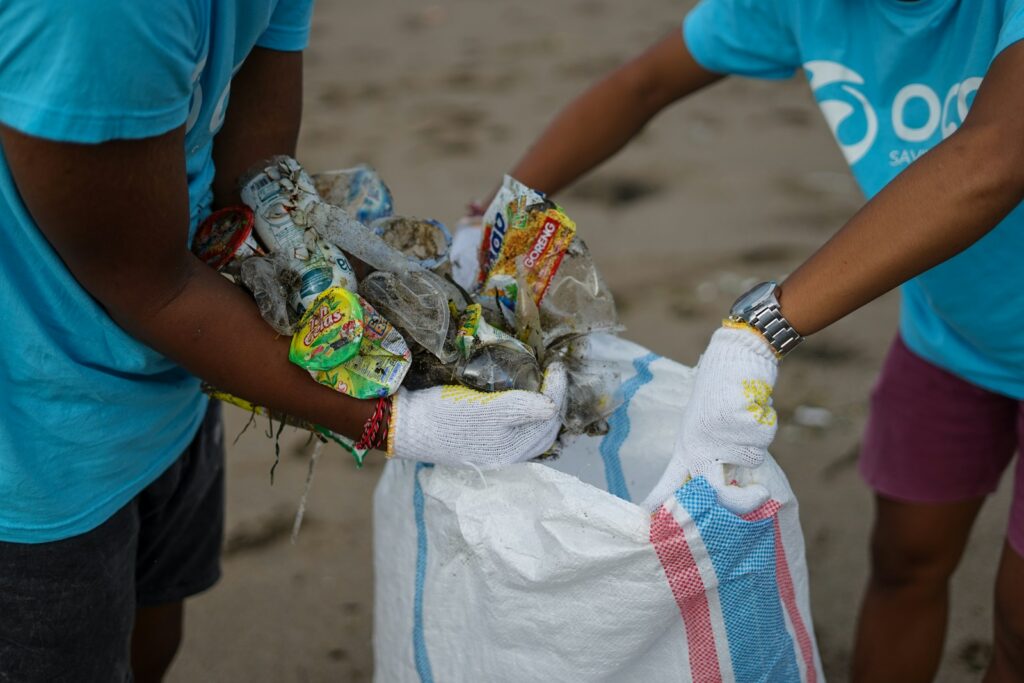
Many people assume that every type of plastic can be recycled, but that is far from true. Some plastics, such as bags, film wraps, and Styrofoam, cannot be processed in most local recycling facilities. These materials require specialized systems to break them down safely. When mixed with recyclable plastics, they cause delays and contamination. Understanding the different plastic categories helps reduce waste and ensures that recyclable materials are properly sorted. Choosing alternatives to non-recyclable plastics and reusing items whenever possible are also effective ways to lessen environmental impact and promote responsible consumption habits.
5. Recycling Alone Can Solve the Waste Problem
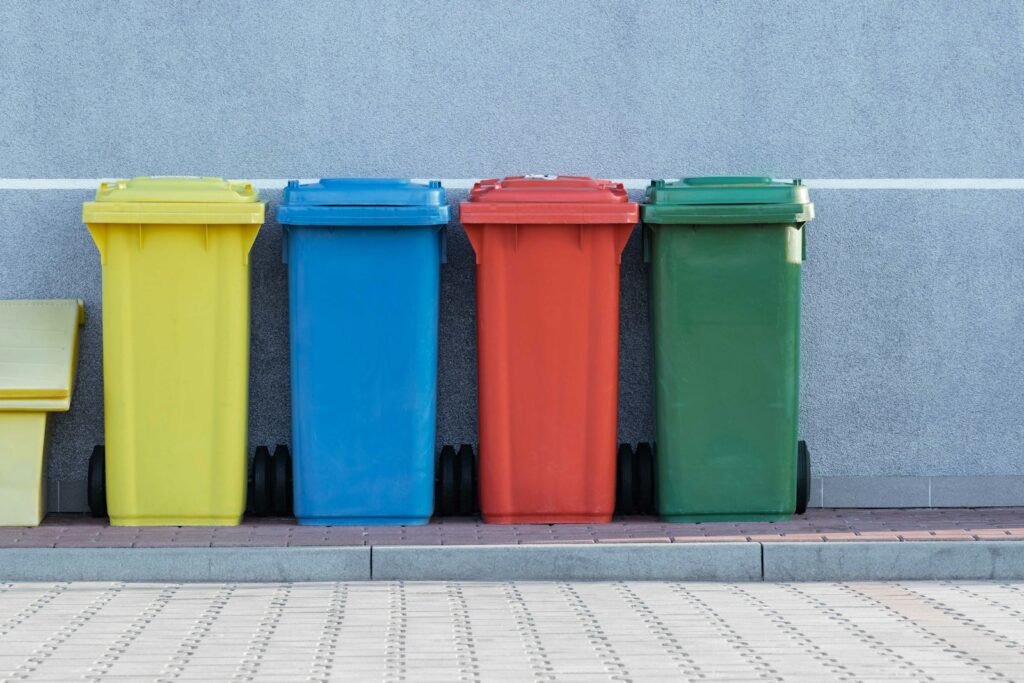
Recycling is important, but it cannot single-handedly solve the world’s waste issues. While it helps minimize the use of raw materials, reducing and reusing are even more impactful strategies. Buying less, avoiding single-use plastics, and choosing durable or refillable items significantly cut waste at the source. Recycling should be viewed as one part of a larger sustainability effort rather than the ultimate solution. Real progress comes from shifting consumption habits, supporting companies with sustainable packaging, and embracing a circular economy where resources are reused and repurposed continuously.
6. If It’s Recyclable, Someone Else Will Handle It Properly
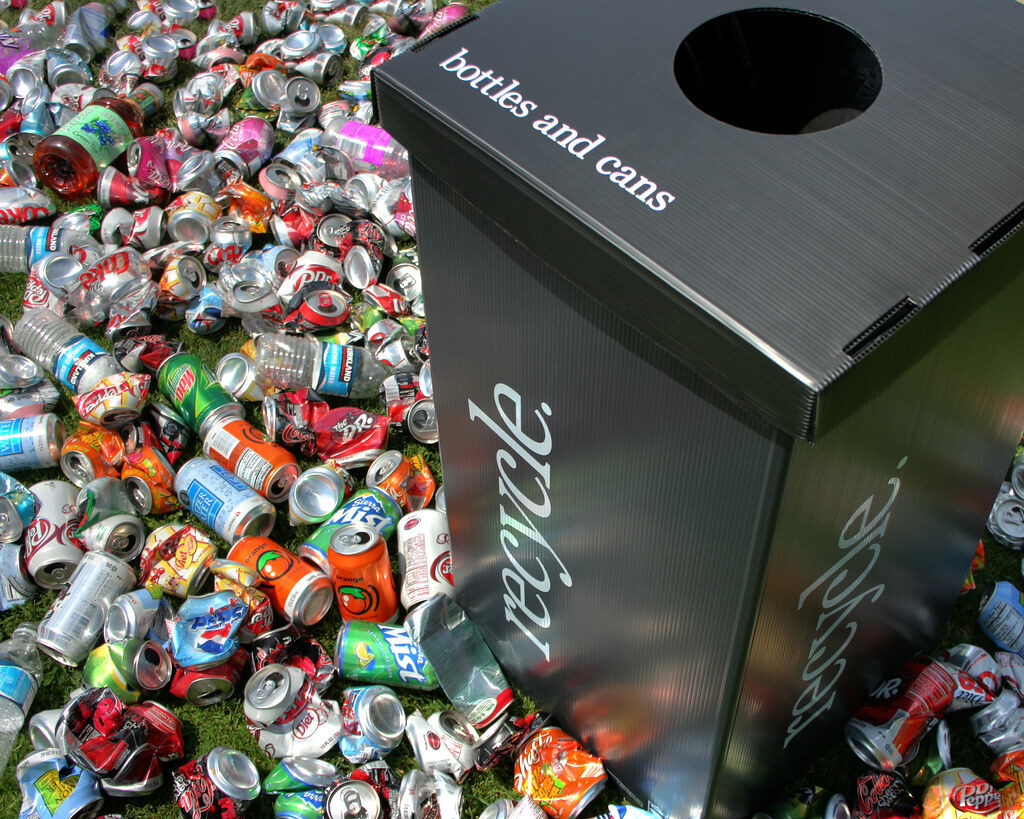
Many people think their responsibility ends once they toss something into the recycling bin, but that is a misconception. Proper recycling requires effort and awareness from individuals. Contaminated or improperly sorted recyclables often end up in landfills because they are too costly to process. Sorting items correctly and ensuring they are clean greatly increases the chance that they will be repurposed. When people take ownership of their recycling habits, the entire system becomes more efficient. Small mindful actions at home can make a significant difference in protecting the planet’s resources.
Comments